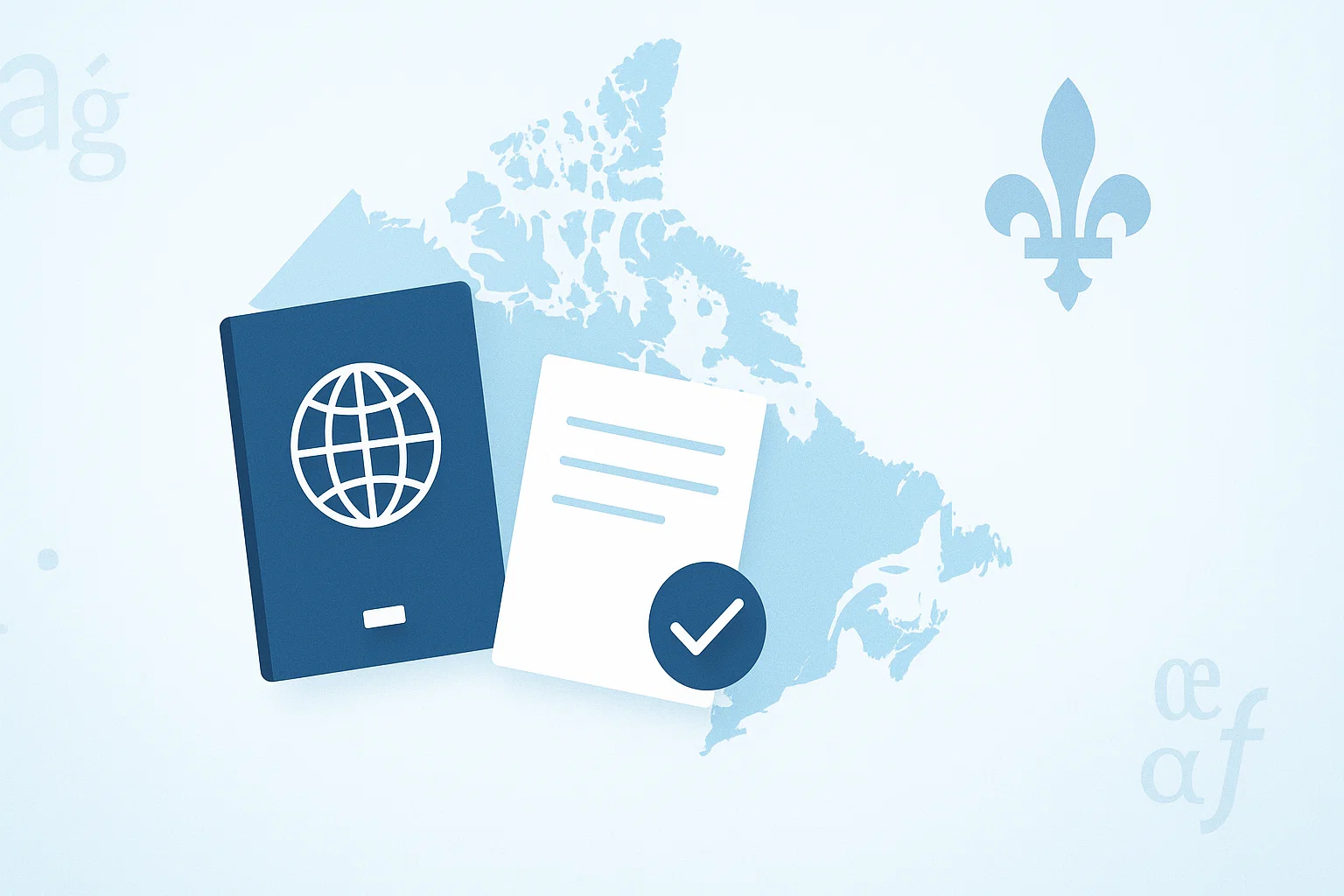Immigration, Refugees and Citizenship Canada (IRCC) has confirmed in its latest Departmental Plan for 2025-2026 that it will officially roll out a nationwide initiative known as the Welcoming Francophone Communities (WFCs) initiative. The program is designed to provide more comprehensive and targeted settlement support for French-speaking new immigrants arriving in Canada.
This initiative builds upon a successful pilot program that ran from 2020 to March 2024. Based on the positive outcomes and best practices established during the pilot phase, the Canadian government has decided to make the program permanent and expand its scope, increasing the number of participating communities from 14 to 24.
A Core Philosophy: "By and For Francophones"
At the heart of the WFCs initiative is its unique "by and for Francophones" model. This means that the design, promotion, and implementation of the program are deeply rooted in the participation of local Francophone communities.
The initiative is jointly managed by IRCC and several Francophone community representative bodies, including:
- The 13 Réseaux en immigration francophone (Francophone Immigration Networks) across the country
- The Fédération des communautés francophones et acadienne du Canada (Federation of Francophone and Acadian Communities of Canada)
- The Association francophone des municipalités du Nouveau-Brunswick (Francophone Association of Municipalities of New Brunswick)
Under this collaborative framework, the selection and recommendation of participating communities are led by members of the Francophone communities themselves, ensuring that the chosen locations have the genuine capacity and desire to welcome and support French-speaking newcomers. The goal is to strengthen community ties, provide tailored settlement services, and foster a strong sense of belonging for immigrants in their new homes.
As with most federally funded settlement services, the program will primarily serve new immigrants who have obtained permanent resident status in Canada. However, given its community-driven nature, it is possible that temporary French-speaking workers and students within the selected communities may also be able to benefit. More information on specific eligibility criteria is expected to be released closer to the initiative's official launch date.
The 24 Designated Participating Communities
The new iteration of the WFCs initiative will include communities across multiple Canadian provinces and territories. The full list is as follows:
- Alberta: Calgary
- British Columbia: Nanaimo | Prince George
- Manitoba: Red River (Ritchot, Salaberry, Montcalm, and St-Pierre-Jolys) | Seine River region
- New Brunswick: Belle-Baie (including Bathurst and the Pabineau First Nation) | Caraquet (including Rivière du Nord and Hautes-Terres) | Haut Saint-Jean region | Restigouche West Region (Saint-Quentin and Kedgwick)
- Newfoundland and Labrador: Labrador City–Wabush
- Nova Scotia: Chéticamp (including St. Joseph du Moine) | Clare
- Ontario: Cochrane District (Route 11 Corridor) | Cornwall | Hamilton | Hawkesbury | London | Sudbury
- Prince Edward Island: Évangéline region
- Saskatchewan: Moose Jaw and Gravelbourg | Prince Albert
- Northwest Territories: Yellowknife
- Yukon: Whitehorse
- Nunavut: Iqaluit
Strategic Context: Canada's Growing Emphasis on Francophone Immigration
The launch of this initiative aligns with the federal government's concerted push to advance its Francophone immigration strategy. According to government targets, the proportion of French-speaking immigrants admitted to Canada outside of Quebec is set to increase annually, rising from 7% of total immigration in 2025 to 8% in 2026.
Furthermore, proposals have been made to raise this target to 12% of Canada's total intake by 2029. At current immigration levels, this would translate to approximately 47,400 new Francophone immigrants each year.
Lessons from a Successful Pilot
During the 2020-2024 pilot phase, IRCC provided hundreds of thousands of dollars in federal funding to 14 designated Francophone minority communities. This funding supported action plans designed and implemented by the communities themselves.
Local Francophone organizations, municipalities, employers, and settlement agencies formed community advisory boards to design and deliver a range of tailored services, which included:
- French-language settlement services;
- Cultural orientation and networking events;
- Support for employment integration;
- Public awareness campaigns to promote inclusivity;
- Capacity-building for local service providers.
The pilot’s success validated the effectiveness of the community-driven model in enhancing local reception capacity and creating genuinely welcoming environments for newcomers. The results and best practices from the pilot have not only provided invaluable input for federal policy but have also directly led to the renewal and expansion of the program, marking a firm and significant step forward in Canada's efforts to promote the successful integration of Francophone immigrants.









